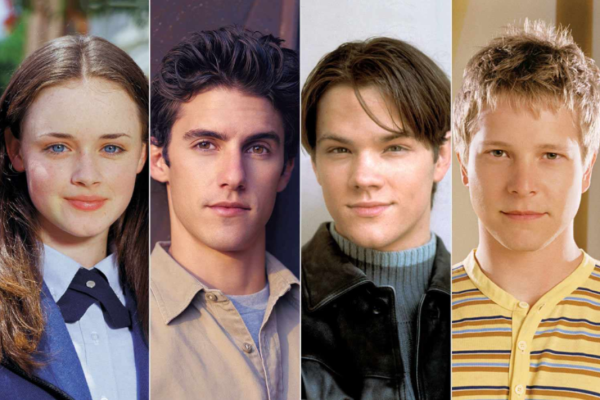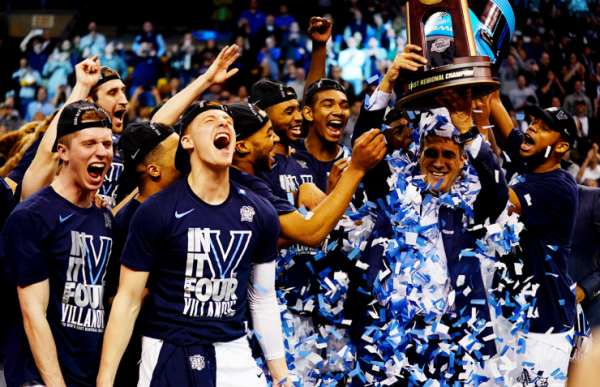Turning Red Is Good, But Turns Away Its Own Viewership

Does Turning Red relentless coming-of-age message turn away viewers?
June 8, 2022
For the most part, Turning Red was a movie that, as many reviewers claim, just may be Pixar’s best in recent years and truly speaks to Pixar’s undying ability to tell a story through animation. It had a meaningful message, tackled important topics, and was contemplative all wrapped in a comedic package. But – there was one big issue with Turning Red that kept me from truly loving it: it ostracizes its main demographic.
Let me explain:
Turning Red is undoubtedly a coming-of-age movie, that revolves around puberty and growing up. The whole plot of the movie is that a girl, Mei, wakes up one morning to find that she’s become a red panda – she’s grown, smells, and has fur. While she can keep this panda side of her under bay by controlling her emotions, it brings out a new, rebellious side of her. She suddenly becomes infatuated with a 17-year-old checkout clerk and in an act of defiance against her mother, she goes to a concert without permission – which Mei and her friends constantly reference as a step into “womanhood.”
This is all great. The ending emphasizes the importance of family in a touching moment in which Mei’s family each sacrifice parts of themselves to save Mei’s mother. As the second Asian major character in Pixar films (after Russell of Up), it also means that the studio begins introducing unique cultural customs into their movies in a celebration of difference.
And – as was the goal of the movie as the directors and cast have repeated – there are subtle hints to puberty throughout the movie. Minute enough that a child would see nothing more than a girl-turned-panda in a growing-up film, while adults would enjoy the deeper message and wisdom that the movie provides. It’s the parts that aren’t so subtle that mean I couldn’t recommend this movie to my 2nd-grade cousins.
These parts are painfully uncomfortable, bordering on creepy.
In the aforementioned infatuation with the 17-year-old checkout clerk, Mei doodles in her some… questionable drawings of him: him as a mermaid, him with abs, him kissing her. While I understand that the movie was intended to be one large metaphor for growing up – these scenes really have no importance to the plot so I question their existence, especially when they provide such a point of contention for the movie. Not only is this inappropriate for children of a certain age, watching those scenes were truly some of the most awkward moments I’ve shared with my parents.
Furthermore – the movie is relentless in its references to periods. When Mei first turns into a panda, she locks herself in the bathroom and begins to panic – when her mother bursts in with various medicines, hot water bottles, and an armful of “pads.” I say it in quotations since characters constantly reference these “pads,” without using any other terms in the entirety of the film. A key part of the movie comes when Mei’s mother shows up at Mei’s school and begins yelling that she forgot her “pads.”
I try to imagine myself as a parent in this situation, having not read this movie review beforehand and thus unaware of these warnings, sitting down with an 8-year-old to watch this movie. I’d imagine that the coming influx of questions won’t be easy to answer.
Which then begs the question – who was this movie created for? Pixar’s films and other animated films are created predominantly for the viewership of children, but since the movie includes such mature topics, the film hovers in an odd limbo.
I think Derek Moore (9) may have put Turning Red best: “Turning Red is good, but it has its flaws.” That’s exactly correct.
Once the viewer trudges past the inevitable (ahem) more difficult parts to watch, I have no question that they’ll enjoy the rest of the film since it has such a great story, sense of humor, and message. While I was slightly weirded out after the first 30-or-so minutes of Turning Red, I couldn’t stop myself from enjoying the final minutes of the movie.
So be warned:
Turning Red could have been the best Pixar movie in years – but hindered by inappropriate topics that demonstrate disregard for its own viewership – it simply falls short.






















